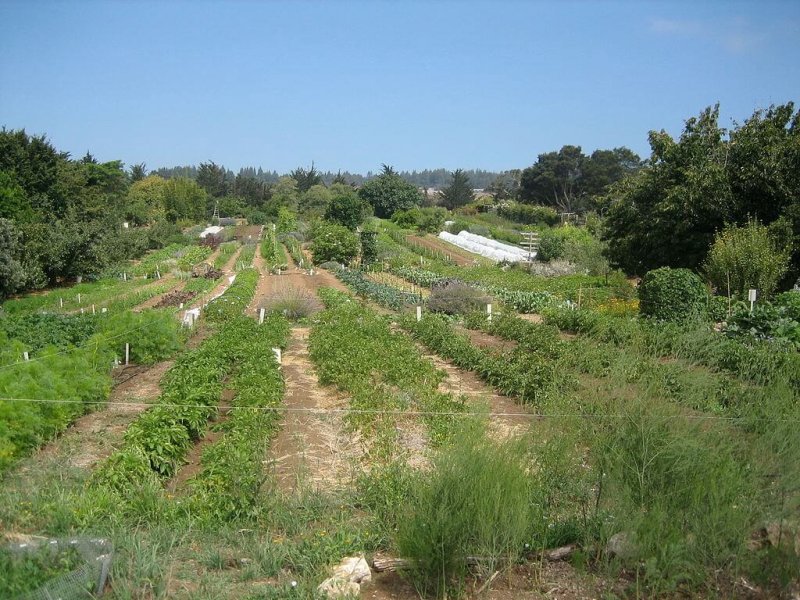Global farmers must not only feed ten billion people by 2050 but do so while lowering agricultural greenhouse gas emissions and avoid converting more land to food production. World Food Day, celebrated last week on October 16, reminds us these goals may be impossible if farmers are denied the tools and technologies they need.
…
Many farmers I have met are “smallholders” — exactly the farmer that is the focus of the Food and Agriculture Organization’s (FAO) “scaling up agroecology” initiative. Yet a radical version of agroecology embraced by some within FAO is precisely the approach we can’t afford.
[Editor’s note: Margaret Zeigler is an independent researcher who studies food security and sustainable agriculture.]
Agroecology — the pairing of ecosystems science with agriculture — often emphasizes traditional methods. For instance, farmers who can’t afford expensive machinery or mineral fertilizer will use their own labor to diversify operations and create their own inputs, such as fertilizer from livestock.
However, the politicized agroecology promoted by some FAO advisors turns those necessities into mandates. It prohibits modern improved crops — especially GMOs — as well as mineral fertilizers and pesticides. As advanced by many environmental groups in the agroecology movement, it condemns free trade and limits farmers to local markets.
Read full, original article: Global Food Challenges are Real, So are Sustainable Solutions































